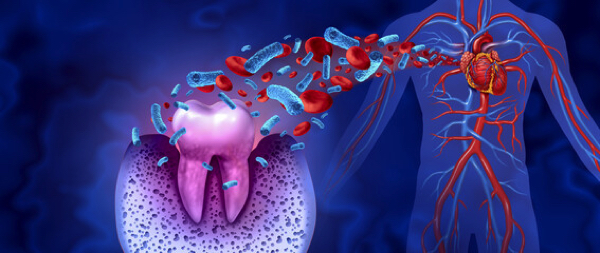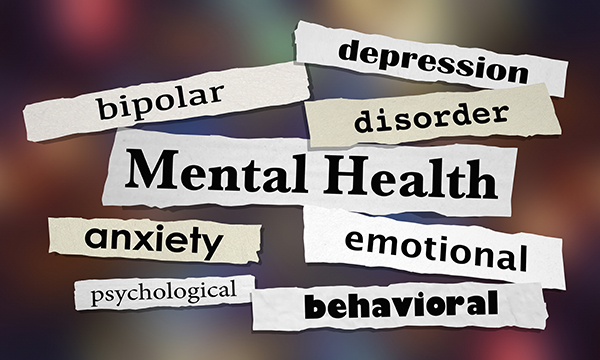Early peanut exposure cuts allergy rates by 40%, study confirms
10/20/2025 / By Willow Tohi

- Early peanut introduction guidelines led to a 27.2 percent drop in peanut allergies and a 37.9 percent reduction in overall food allergies in children.
- The LEAP trial (2015) first proved early exposure prevents allergies—now real-world data confirms its success.
- Over 60,000 children avoided peanut allergies due to updated medical guidance.
- Despite progress, eight percent of U.S. kids still have food allergies, with peanut allergies affecting two percent.
- Experts urge parents to introduce allergens between 4-6 months without prior testing.
For nearly 30 years, pediatricians across the U.S. and Europe followed a dangerous recommendation: delay peanut introduction until age three—especially for infants with a family history of allergies. This policy, endorsed by the American Academy of Pediatrics (AAP), was based on the flawed assumption that early exposure would “sensitize” children, triggering lifelong allergies. Instead, the opposite happened—peanut allergies skyrocketed, particularly in countries like the U.K., where avoidance was strictly enforced. By the early 2000s, peanut allergies had tripled, affecting 1 in 50 children, with severe reactions leading to anaphylaxis, ER visits and even deaths.
Then, in 2015, the groundbreaking Learning Early About Peanut Allergy (LEAP) trial shattered this dogma. The study, published in The New England Journal of Medicine, proved that early peanut introduction—not avoidance—was the key to prevention. The findings were so compelling that they forced an overnight reversal of medical guidelines. Now, nearly a decade later, a new real-world study from Children’s Hospital of Philadelphia (CHOP) confirms that these updated guidelines have prevented tens of thousands of peanut allergy cases—a major victory for public health.
How early exposure reprograms the immune system
The LEAP trial was a landmark study involving 640 high-risk infants (those with severe eczema or egg allergies). Researchers divided the infants into two groups:
- Peanut-consumption group: Given peanut-containing foods (like peanut butter or peanut flour) 3+ times per week starting between 4-11 months of age.
- Avoidance group: Strictly no peanut exposure until age 5.
The results were stunning:
- By age 5, 13.7 percent of avoiders had developed peanut allergies—compared to just 1.9 percent in the early-exposure group (81 percent reduction in risk).
- IgE antibodies (which trigger allergic reactions) were significantly higher in the avoidance group.
- IgG4 antibodies (which block allergic responses) surged in the early-exposure infants, confirming immune tolerance.
Even more remarkable? The protection lasted. A follow-up study (LEAP-On) found that 70 percent of children who consumed peanuts early remained allergy-free into adolescence, even after stopping peanut consumption for a year.
Why did it take so long for guidelines to change?
Despite overwhelming evidence, adoption of early peanut introduction was painfully slow. A 2023 survey revealed that only 29 percent of pediatricians followed the 2017 guidelines, which expanded recommendations to all infants—not just high-risk ones. Many doctors feared unintended reactions outside clinical trials, while parents were confused by vague advice (“How much peanut? What form?”).
But the 2024 CHOP study, analyzing 125,000+ children, removed all doubt: Early peanut introduction works in the real world. The data showed a 16 percent drop in peanut allergy rates since guidelines shifted—proving that policy changes save lives.
What parents must do now
The 2021 NIH/NIAID guidelines provide clear, actionable steps:
- Start early (4-6 months) – Introduce peanuts, eggs and other allergens as soon as baby begins solids.
- No testing needed – Unless the child has severe eczema or existing food allergies, skip unnecessary skin-prick tests.
- Safe first tastes – Mix 2 tsp smooth peanut butter with yogurt or purees to prevent choking.
- Consistency matters – Offer peanut products at least 3 times per week to maintain tolerance.
A turning point—but challenges remain
While peanut allergies are declining, overall food allergies are still rising—milk, eggs and tree nuts remain major concerns. Experts warn that education gaps and food insecurity hinder progress, especially in low-income communities where allergen-free diets are often mistakenly promoted.
This isn’t just about peanuts—it’s about reshaping how we approach immune health. Science is proving that early exposure trains the immune system to recognize food as food, not a threat.
The bottom line
Decades of misguided medical advice created an allergy epidemic—but science has corrected course. The lesson? Early exposure prevents disease. And now, the data proves it beyond doubt.
Next Steps:
- Talk to your pediatrician about early allergen introduction.
- Don’t wait—start peanuts by 6 months (sooner if high-risk).
- Spread the word—many parents still don’t know the guidelines have changed.
The era of fear-based feeding is over. The future? Prevention through science.
Sources for this article include:
Submit a correction >>
Tagged Under:
alternative medicine, Censored Science, children's health, early exposure, food allergy, health science, immune system, natural cures, natural health, Naturopathy, peanuts, prevention, progress, Public Health, real investigations, remedies, research
This article may contain statements that reflect the opinion of the author
RECENT NEWS & ARTICLES
COPYRIGHT © 2017 REAL SCIENCE NEWS




















